As Shackleton famously put it, "We All Have Our White South."
Home and the future of "My Antarctica."
I’ve been home for a month. Not surprisingly, the thrill of seeing my people and my dog, drinking my own hard-core coffee, eating fruit and veg every meal and sleeping in my own bed left me vibrating with joy for a solid week. I still can’t get enough of my people, but many of the creature pleasures I looked forward to when I was at the Pole and discovered anew on return feel, once again, ordinary. I still appreciate the glory of a fresh egg, a sour tangerine, a giant bowl of fresh spinach, a long hot shower and my own (big!) bed but their charms don’t thrill me as they did at first. I’ll work on that.
This is all another way of saying that, strange as it is to be back, it feels like I never left. Being on the ice floats in my mind, inaccessible as an exotic dream. The experience doesn’t travel well in part because, while I was away, I shed a great deal of what makes me who I am to inhabit a new identity—baker. Now that I’ve stepped back into being writer-friend-mother-New Yorker, that other identity sits tucked away in my closet along with the single chef’s coat I kept as a memento.
It doesn’t help that life at the South Pole isn’t easy to flesh out—the juice is in the details. I do what I can to communicate my experience verbally but eventually people stop asking good questions or they’ve heard enough. I suppose all of our experiences ultimately remain our own. This is part of what makes being human at once magical and a little lonely.
As honest as I’ve tried to be in my posts here, as much as I’ve tried to share the meat of what I experienced, I’ve left a lot out. Crucially, I’ve been careful throughout not to identify individuals by describing them or their jobs in detail. Nobody wants the surprise of seeing themselves in print. Further, the United States Antarctic Program (USAP) is very touchy about that sort of thing. The general absence of people in my posts robbed my descriptions of texture and left the impression I didn’t make any friends. I did, thankfully, or I would not have lasted.
I’ve also skewed the posts here by straining out the negative. True, I have bemoaned the long hours and lousy pay, the crappy ingredients, the waste and the incompetence, but I did not describe the obnoxious complainers, the incompetence of co-workers, the various accusations I overheard or the various ways I resisted and had a little fun with the limitations of the menu, ingredients and the people I cooked for.
Maybe one day I will write about my time at the South Pole in a format that allows me to be open and complete. For now, I am by necessity focusing on writing a book about my father, France and walking from Paris to Avignon back in the summer of 2022. It’s called South From Paris and, when I finish writing it, I’ll consider the ice again. Maybe I’ll even take a job as a historian on a cruise or go work for one of those tourist outfits I loved to hate when I was at the Pole. Maybe I’'ll return for a winter.
Why? If I’m gong to write about the ice with any authority I should probably go back, ideally to experience one of the long, dark winters. (It might be worth it for the auroras alone.) Insanely enough, I’d do it if I had a different job and at least three people I liked who were doing it with me. Having said that, when I was at the Pole I felt great pity for those remaining behind. I’ve (already!) fallen into the common and entirely predictable trap of wanting to be on the ice when off it and wanting to be off it when on it. The same thing happens to my brain when backpacking; I wish I were out on the trail and then when I am I can’t believe I’ve subjected myself to the familiar discomforts all over again.
Many people ask whether I’m glad I went to Antarctica. I never hesitate to say I have no regrets, that the experience was unlike anything I’ve ever done. C’mon, Antarctica is magical even if I did, at times, suffer. Yes, I was ready to come home but I sorely miss many aspects of my life there. Foremost among them, I yearn for the landscape. New York City and my neighborhood in particular can feel pretty grim at times. The dog poop, trash and suffering of those who lack housing and other resources—the basics every human deserves—depresses me. I berate myself for not doing more to help. My distance from this highly visible injustice brought an entirely unjustified relief.
Now that I’m back to my life as a writer, I work every day and yet I’m never finished. I can always write another draft, tweak a sentence or do some more research. I’m only accountable to myself which means I have the freedom to fuck off and not do my work by taking a walk, watching a movie, talking to a friend, cooking, cleaning—whatever! When I was at the Pole baking I didn't need self-discipline. I showed up for my job at a specific time six days a week and did it as well as I could because I didn’t want to let myself or anyone else down. Doing an outstanding job meant making people happy with the quality of the bread, cookies, cakes and other desserts I put out. I know when I’ve made a good cookie; I don’t always know when I’ve written a good sentence.
Anyone who wants to work in Antarctica for the USAP can probably get a job. It’s not all that difficult, at least in my experience. They need shuttle drivers, heavy equipment operators, firefighters, electricians and all kinds of maintenance people not to mention kitchen and front of house staff. If you’ve read my other posts you know that I don’t advise working in the “galley” either as a steward or cook. If you want to go, put your carpentry skills to the test, get certified as a water tech or apply for a job in “waste”—really!
As for the physical qualification (PQ) you need to be healthy. That means not having heart trouble, pulmonary issues or severe allergies. You can be diabetic at McMurdo but not at the South Pole. As for the extended background investigation (EBI) you can’t have a criminal record—or be a Russian spy.
“My Antarctica” began as a platform for writing about fulfilling a crazy dream but the title also stands as metaphor for anyone’s far-fetched dream. As Ernest Shackleton put it, “We all have our white South.” I have a friend who wondered, upon hearing of my adventure, what her Antarctica—her white South—might be. It wasn’t, literally, going to Antarctica—she hates the cold—but it was something dreamy and impossible that she never imagined she could simply decide to do.
In this sense “My Antarctica” works as the title of a larger project, one focused on living as fearlessly and fully as possible by remaining curious and strong. That means different things to different people, of course. Not everyone can just up and leave. I know that and I hope I don’t take my good health and good fortune for granted. Just as I work on reminding myself to enjoy the hell out of that tangerine, I work on remembering just how charmed a life I live. This SubStack is my record of that ongoing process, one that involves learning, appreciating what I have, doing hard things, testing the unknown, changing even when it feels scary and remaining as open as possible to the world at a time when it can, at times, feel easier to check out.
I’m not sure anyone wants to read my take on how to live this way in the context of my not-so-glam life in New York City. Many people may not agree with my goals. That’s up to you. I can post and you can read—or not. I suspect plenty of people will unsubscribe when I start writing about books, cooking, baking, the trips I go on, the hikes I take, the houseplants I kill and the rest of the things I seem to spend my life engaged with of late. That’s okay. My feelings won’t be hurt. It’s all been in good fun and I hope this tiny corner of the internet I’ve carved out will continue to be a format where I can gather and share my thoughts and experiences and maybe, along the way, enrich my perspective on living in this crazy world we all share.
.

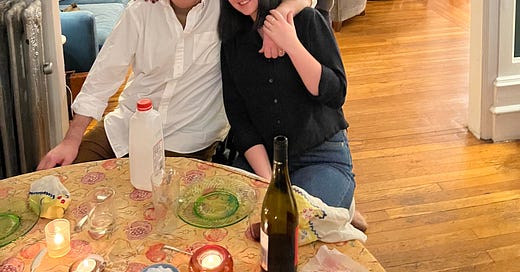




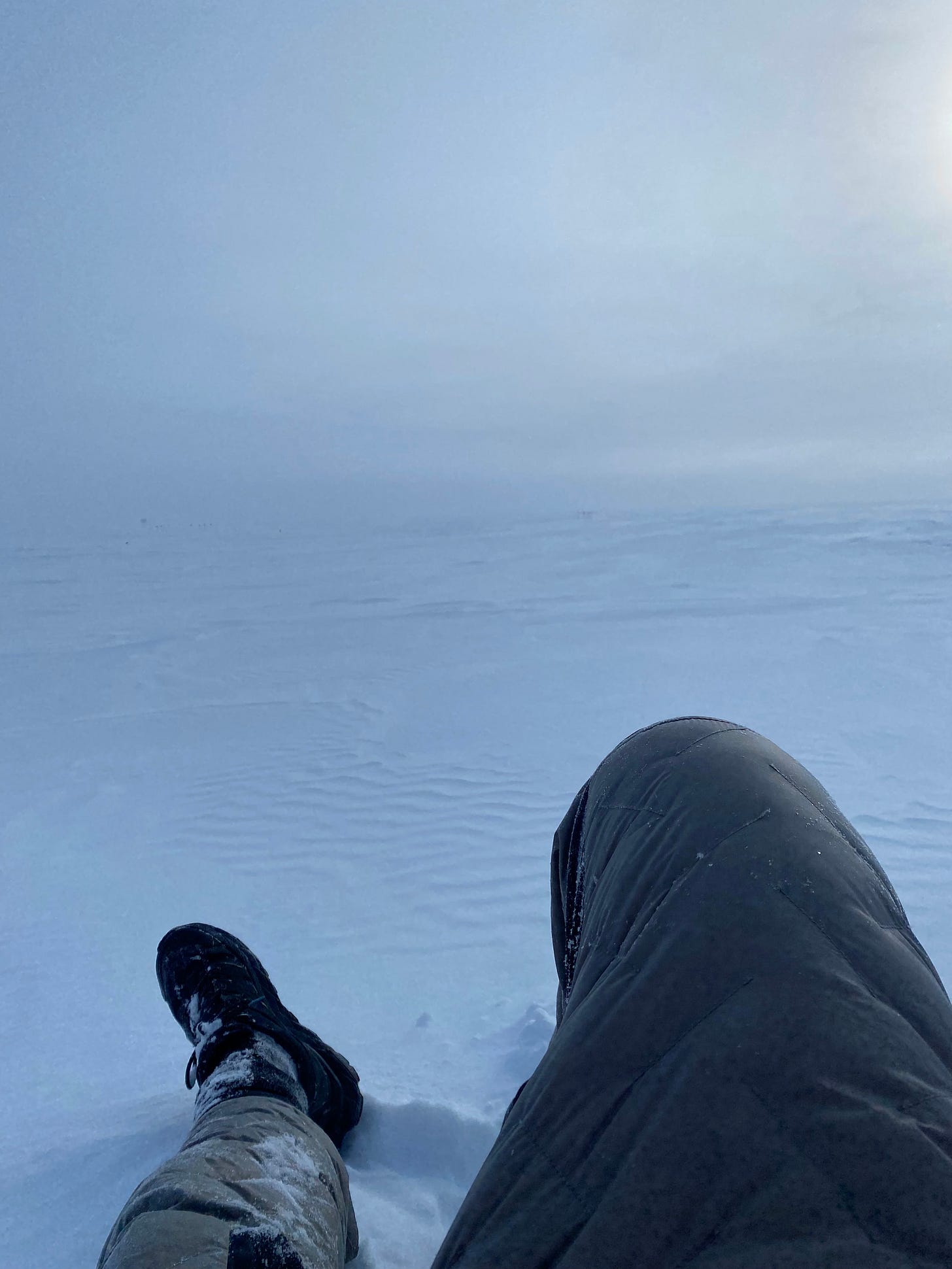
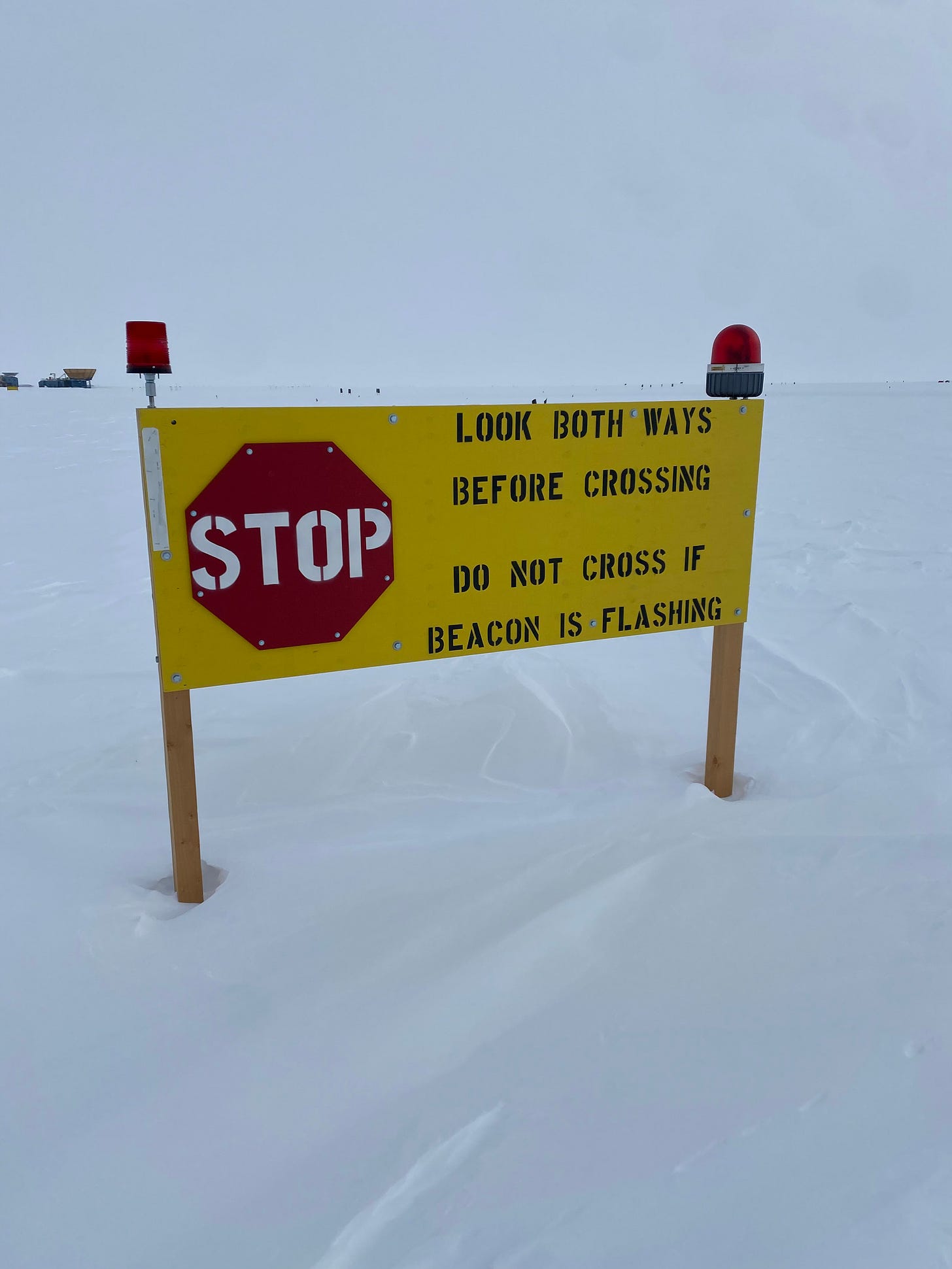
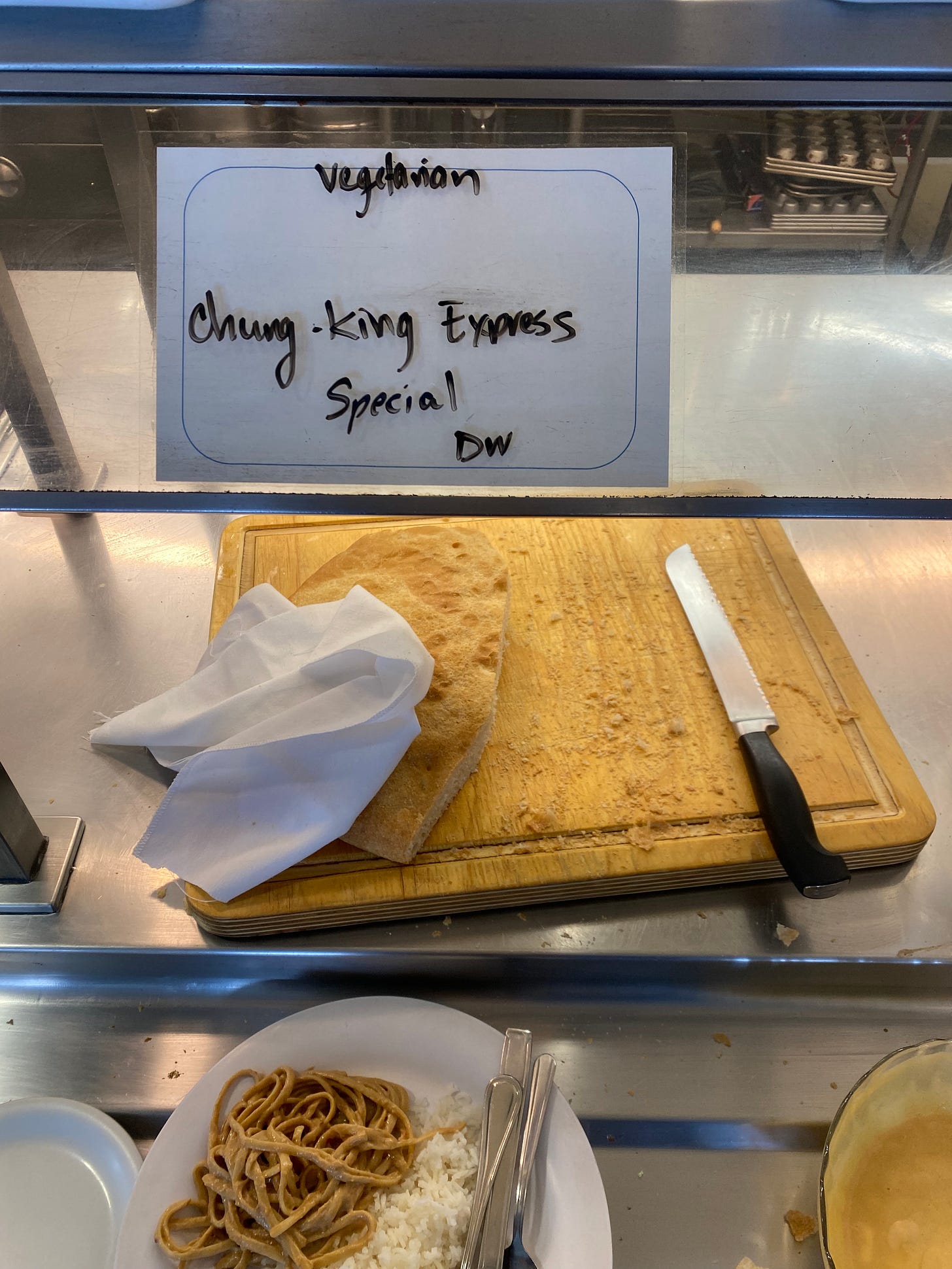
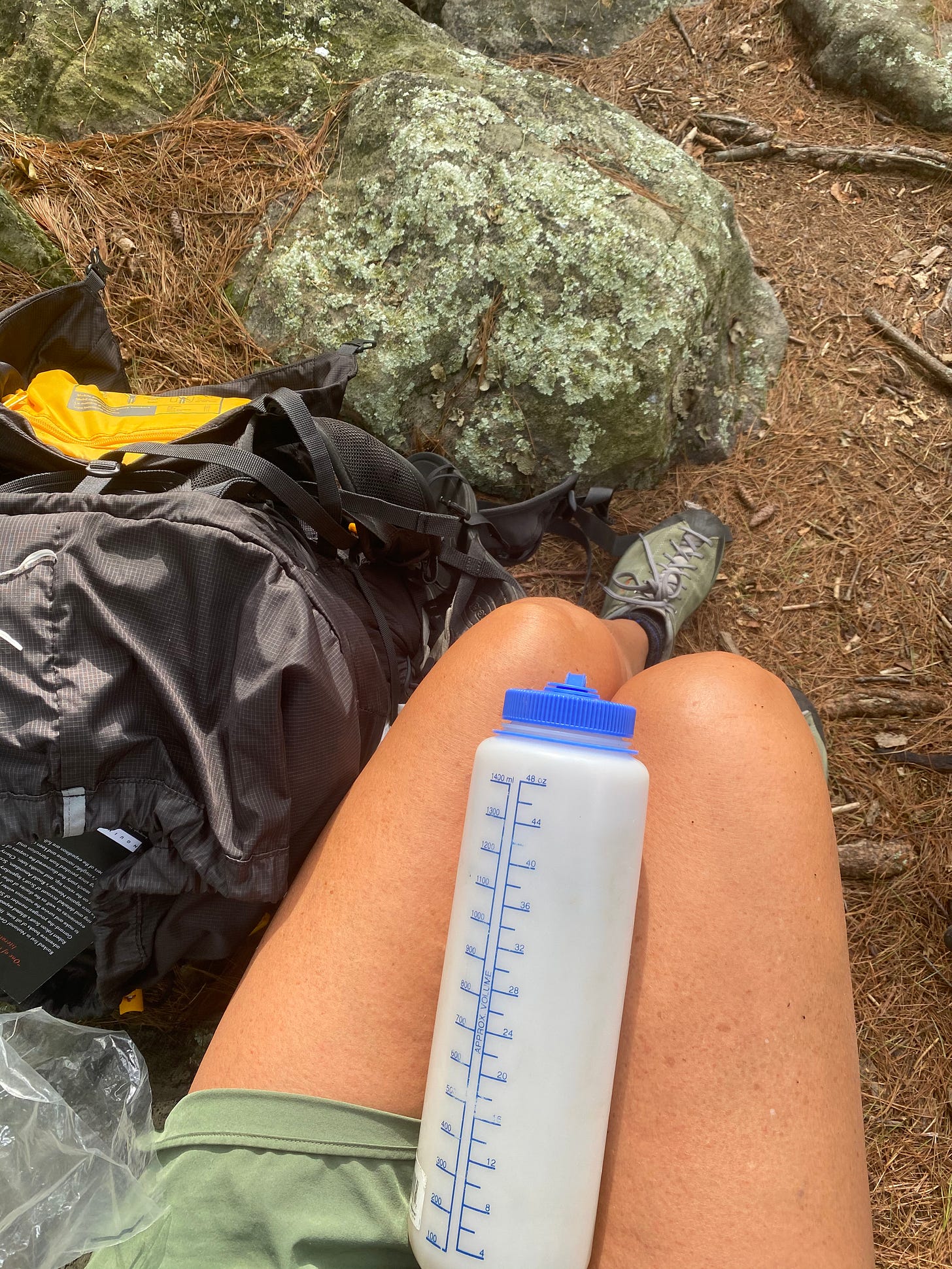
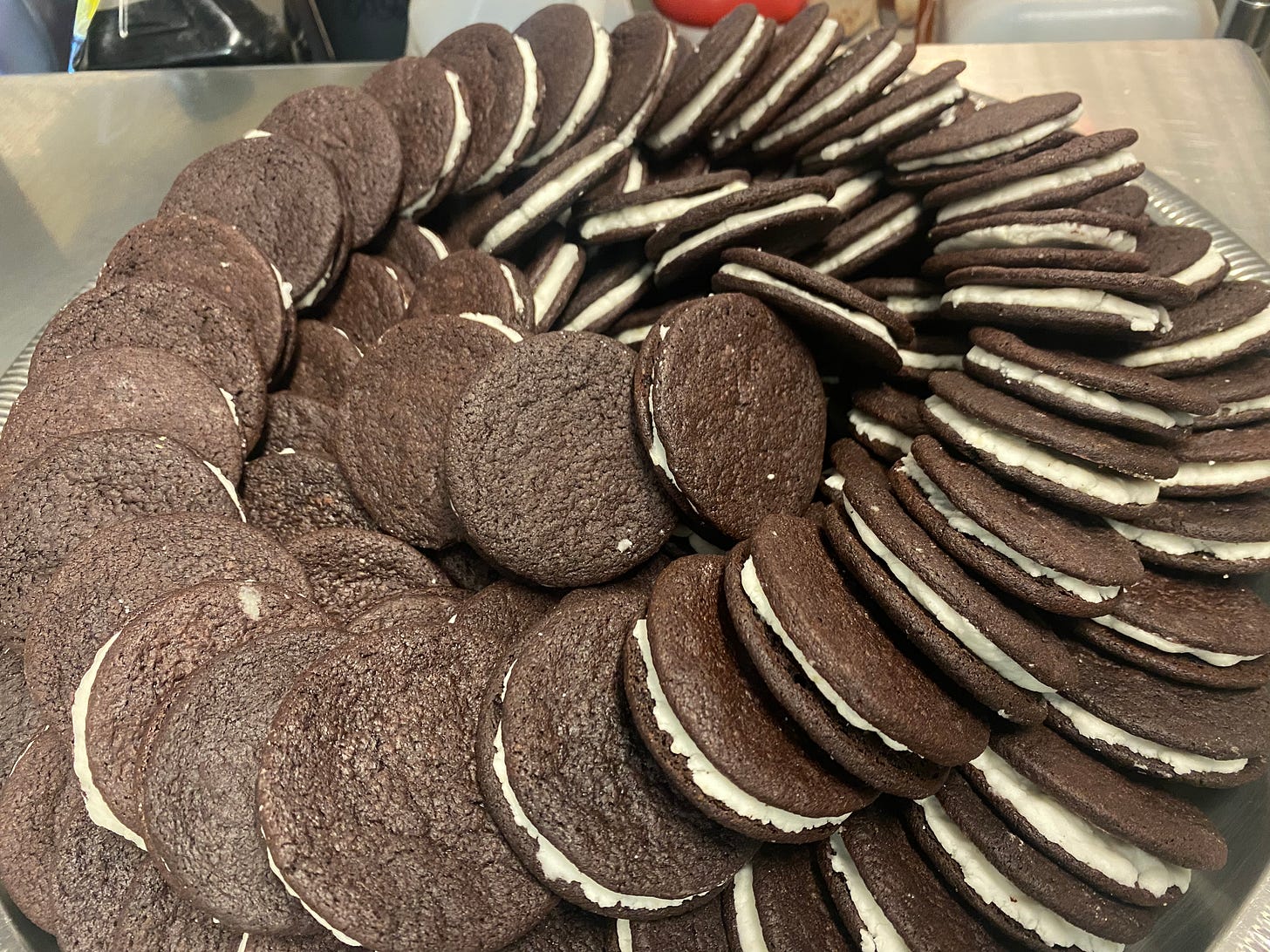
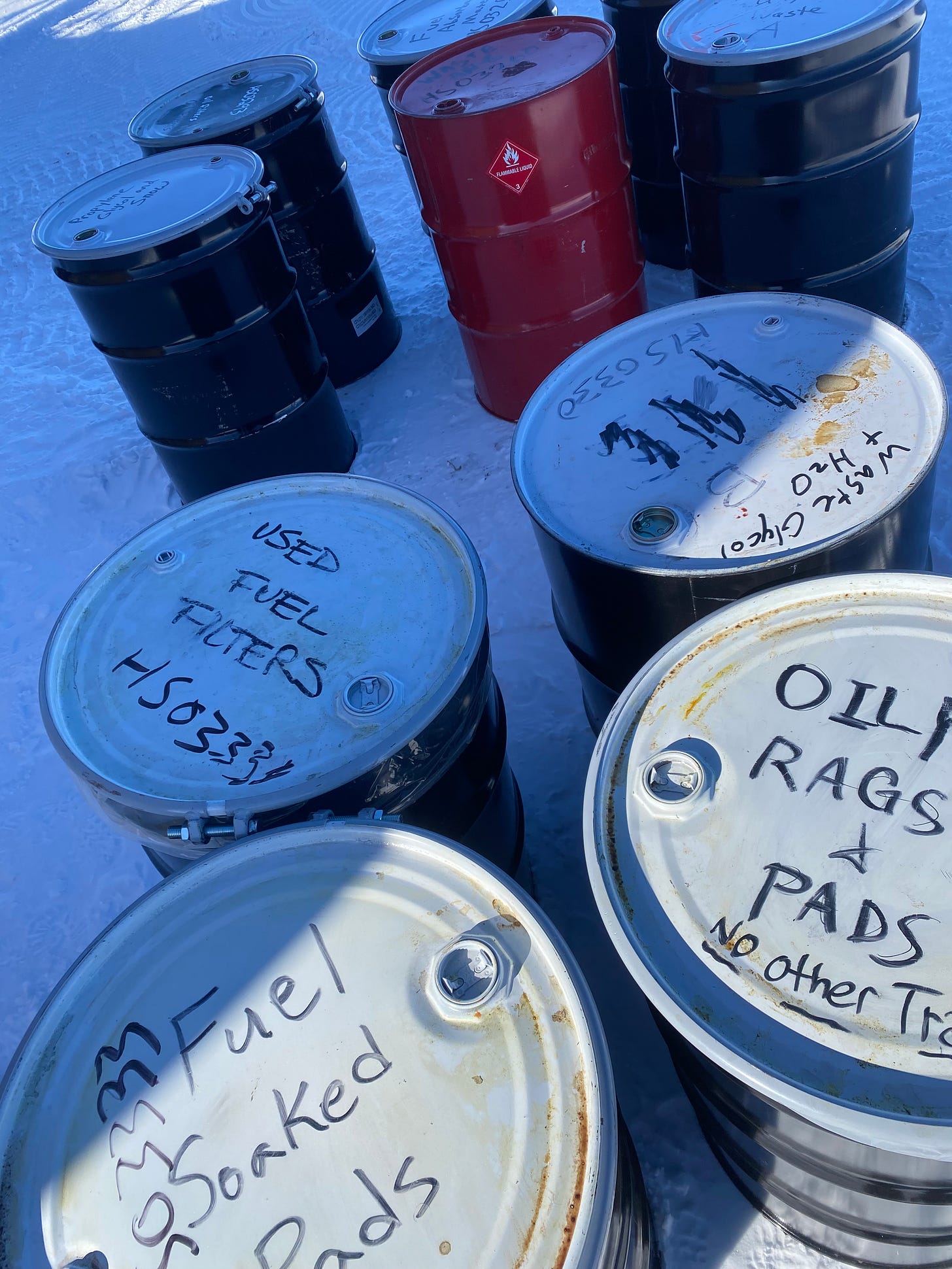
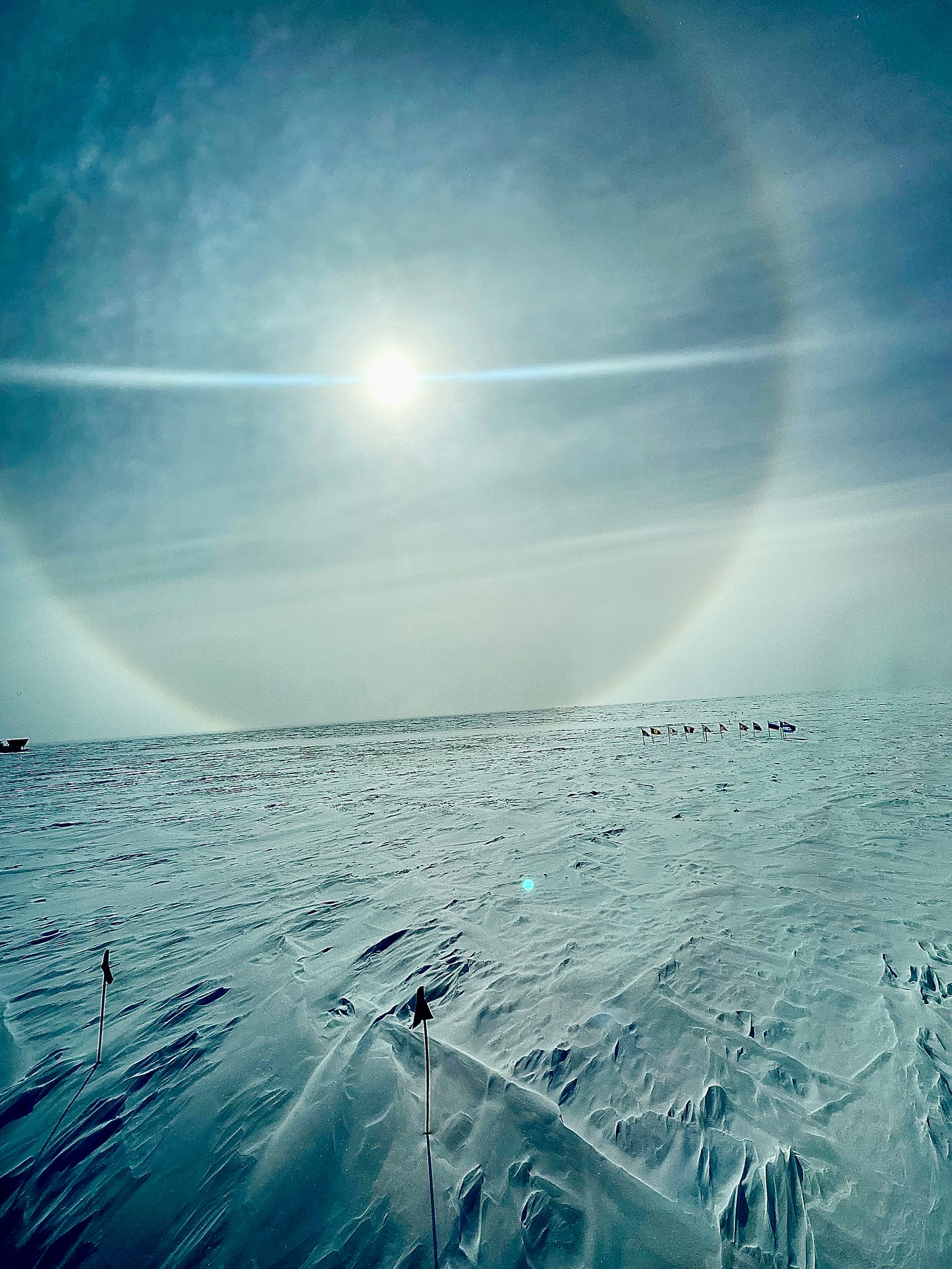
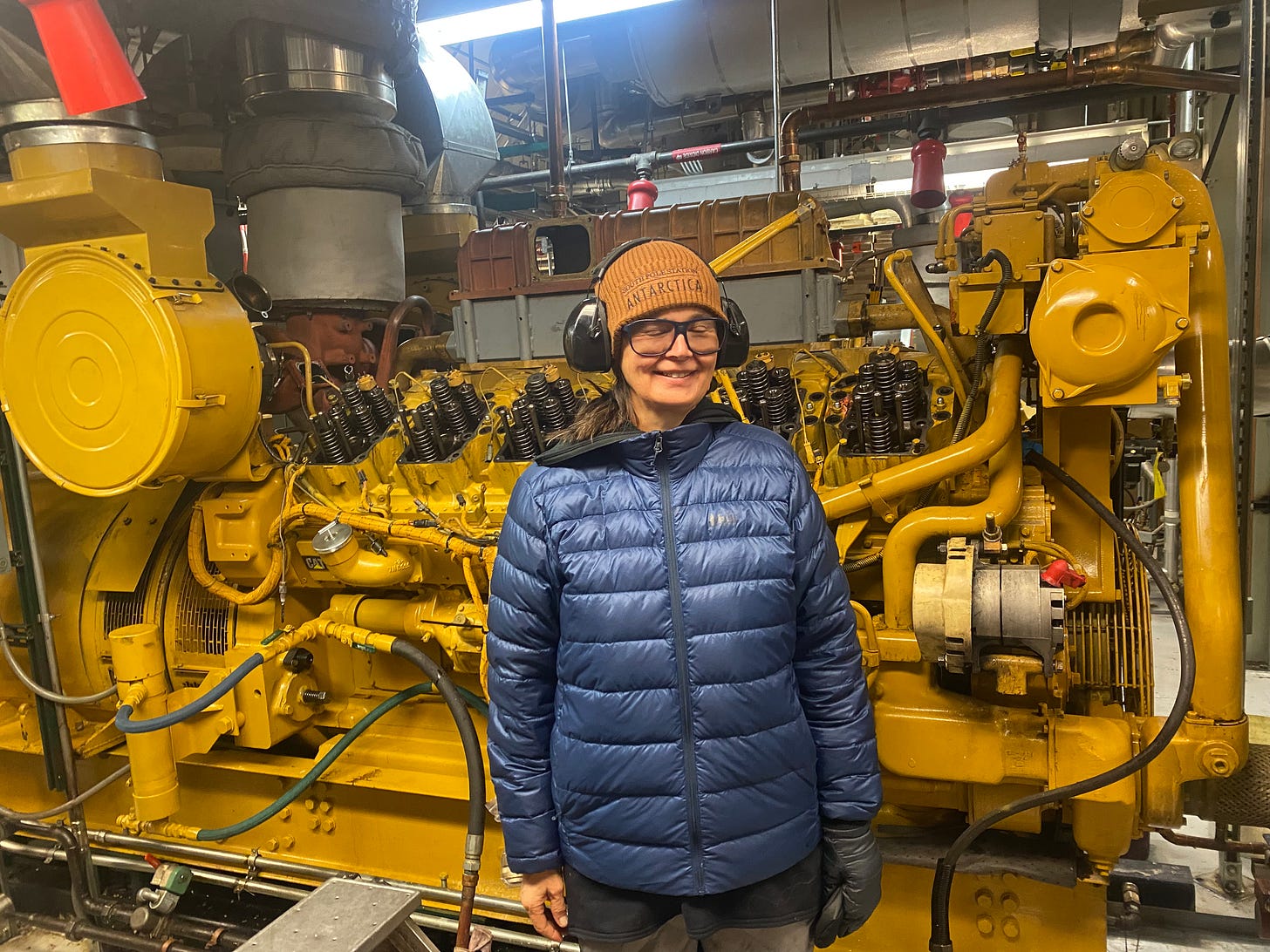
Cree: Thanks for taking us along!
I'm happy that you will continue this SubStack, I look forward to hearing about baking and dead houseplants.
I can relate to your first paragraph. On returning from the ice people often say, "This must feel so hot to you." My answer is always no. I (we all?) just adapt quickly. I suppose it can be chalked up to expectations - I know it will be cold on the ice, I prepare for the cold, so it seems normal. At home I'm prepared for home temperature, and if it is chilly for home I feel chilly. Similarly, I expect long hot showers, fresh produce, and family/friends - so those very quickly feel normal. As you say, we must work to remember and appreciate that normal.